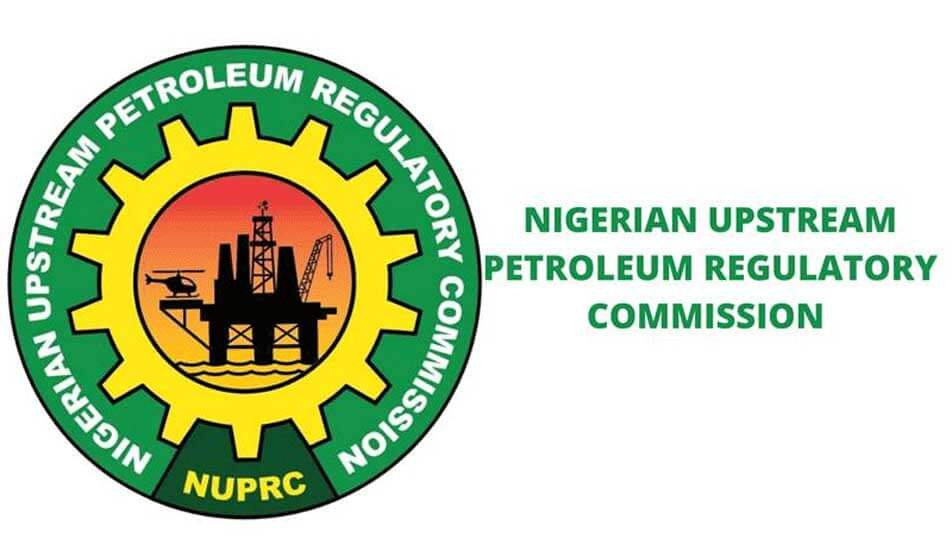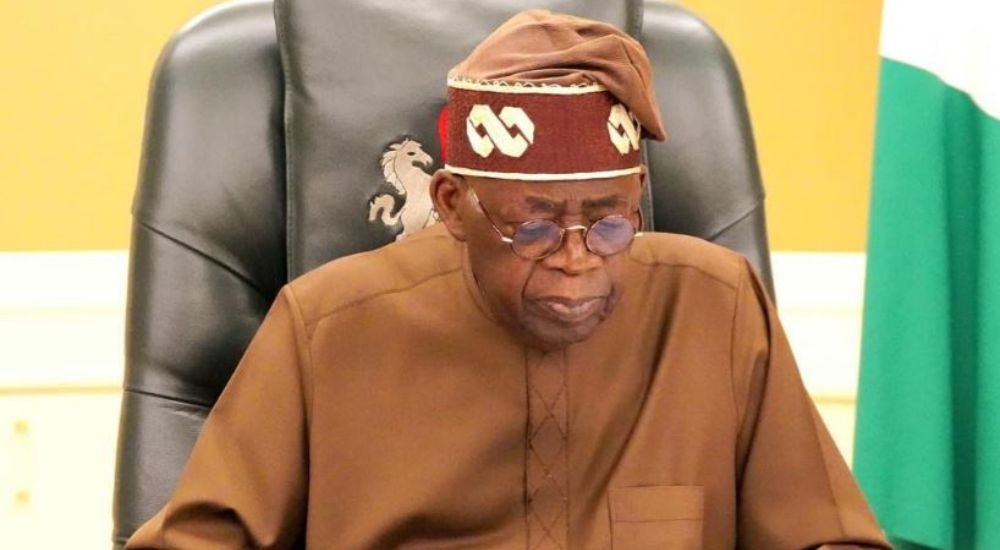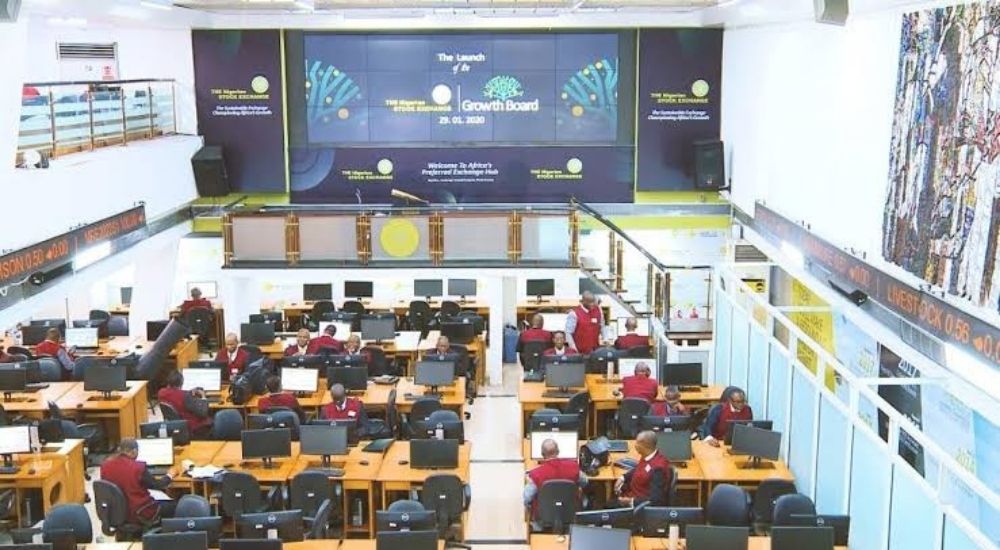We Don’t Have Control Over Fuel Price Fluctuation— IPMAN

Petrol prices in Nigeria are expected to decline in the coming days following a sharp 10 per cent drop in global crude oil prices within 24 hours, easing pressure on domestic pump rates.
This comes as the Independent Petroleum Marketers Association of Nigeria (IPMAN) attributed recent fuel price hikes to market deregulation and surging international oil costs, emphasizing that fluctuations are an inevitable feature of a deregulated system.
The association said the latest increase is not a result of policy shifts but a reflection of global oil dynamics and internal cost pressures.
IPMAN’s Public Relations Officer, Mr. Chinedu Ukadike, explained that the recent changes in pump prices were inevitable in a deregulated environment where fuel prices respond directly to market forces.
“This is the nature of a deregulated market,” Ukadike said in an interview.
“Prices rise and fall based on market forces and each marketer’s supply costs.”
Ukadike emphasized that deregulation removes government control over pricing, placing responsibility squarely on the interplay of global oil prices, exchange rates, and operational costs incurred by individual marketers.
“Consumers should be used to this by now, as pump prices are determined by several factors,” he added.
He cited the international price of crude oil as a major factor in the latest surge, noting that Nigeria, despite being an oil-producing nation, imports refined petroleum products, exposing it to global price fluctuations.
Independent marketers, adjusted pump prices upward on Monday in both Abuja and Lagos, with similar reports emerging from other parts of the country. The increase, according to market sources, follows a sustained rise in global crude oil prices over the past two weeks.
Analysts say the consistency in pricing among larger operators reflects a general trend in the industry shaped by similar sourcing costs.
While consumers continue to express frustration over rising costs and stagnant wages, marketers argue that their hands are tied under the deregulated regime.
“As marketers, we adjust based on what it takes to bring the product to our stations. That includes foreign exchange rates, landing costs, and transportation.
“Until there is a significant change in the supply chain or global crude pricing, these changes will persist,” Ukadike added.
However, PMS prices are expected to moderate as crude oil price have dropped below $70 per barrel.
Crude oil prices rose on Sunday in response to U.S. airstrikes on three Iranian nuclear sites.
The prices rose further after Iranian parliament’s measure to close the Strait of Hormuz, a critical global transit checkpoint.
Brent Crude rose to $79.22 per barrel while West Texas Intermediate surged to $75.62 per dollar on June 22, 2025 for August contracts.
However, prices began to moderate on Monday following US President’s warning to oil producers.
Checks by THE WHISTLER showed that Brent crude oil price has further dropped by 9.53 per cent to $68.73 per barrel on Tuesday at 13:18 GMT, from $75.97 as of 15:33 GMT on Monday.
At 13:18, West Texas Intermediate price also fell to $65.87 per barrel, representing a 9.75 per cent plunge. This is against $72.99 per barrel traded on Monday for August contract.
Similarly, Murban Crude has dropped from $79.4 to $69.42 per barrel, representing a 12.5 per cent fall on Tuesday.
The drop reflects Trumps post on Truth Social were he emphasized on de-escalation of hostilities between Israel and Iran.
“The Cease Fire is now in effect. Please do not violate it!” Trump said in a post on Truth Social around 1:00 a.m. stateside.
Iran fired more than a dozen missiles at the Al Udeid Air Base in Qatar, a response to U.S. strikes over the weekend that targeted three of its nuclear facilities.
But Iran provided advance notice of the strike.
We Don’t Have Control Over Fuel Price Fluctuation— IPMAN is first published on The Whistler Newspaper




